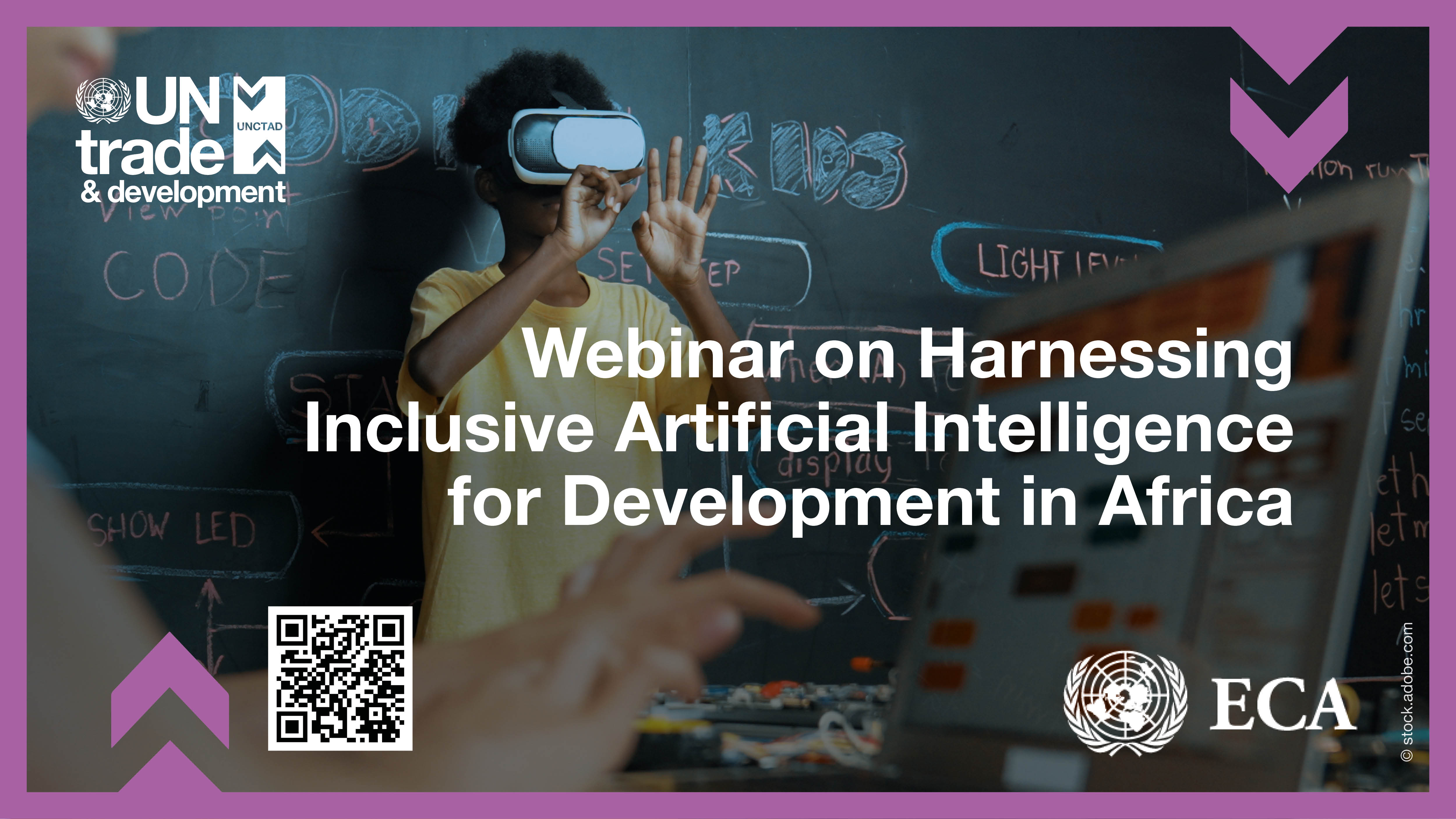Background
From artificial intelligence (AI) to green hydrogen and nanotechnology, frontier technologies are rapidly evolving and have the potential to significantly impact economic development, sustainability, and governance. Among these, AI - recognized as a general-purpose technology - holds a transformative capacity to reshape industries, create new markets, and enable effective human-machine interaction.
AI presents significant opportunities to accelerate progress toward the Sustainable Development Goals (SDGs), including powering smart agriculture and energy grids, optimizing production and supply chains, and improving water and city planning. However, without equitable distribution, strong ethical oversight, and transparency, the diffusion of AI risks exacerbating existing inequalities within and across countries.
Developing countries, including many in Africa, face substantial constraints in three critical leverage points that have underpinned the rapid progress of AI in recent decades: infrastructure, data, and skills. Gaps such as limited access to reliable electricity and high-speed internet, scarcity of relevant data, and low levels of digital literacy hinder the capacity to adopt and tailor AI systems for local needs.
Objective
This webinar will bring together key stakeholders from Africa with an interest in frontier technologies, especially AI for development, to discuss and reflect on how it can be harnessed for inclusive and sustainable development across the continent.
The objectives of the webinar are to:
- Present key findings and insights from the Technology and Innovation Report 2025
- Facilitate dialogue on how African countries can strategically position themselves to adopt and tailor AI technologies for local context, addressing key challenges and unlocking opportunities for inclusive and sustainable development
- Promote knowledge-sharing by showcasing successful cases and local innovations from across the continent
- Discuss policy priorities and governance needs, including the formulation of national strategies and global cooperation, to ensure AI is developed and deployed in an ethical, inclusive, and equitable manner
- Foster engagement and collaboration among governments, private sector actors, civil society, and international partners
Participation
- Government Representatives
- Private Sector
- Academia
- Civil Society
- Youth

